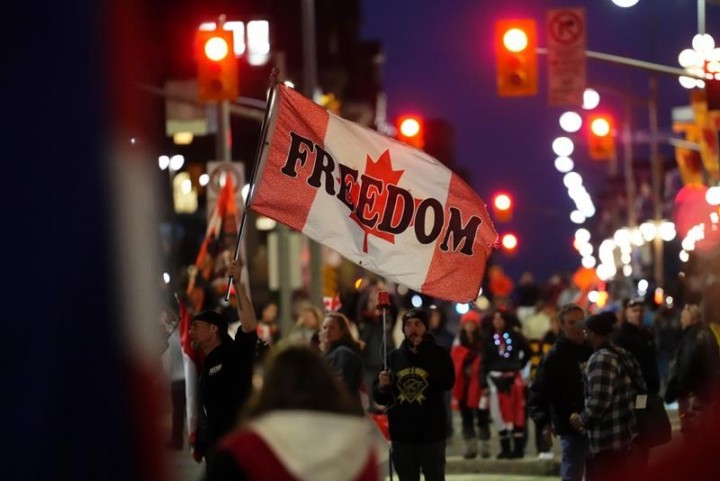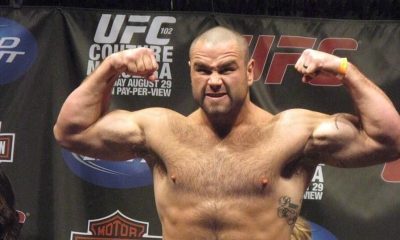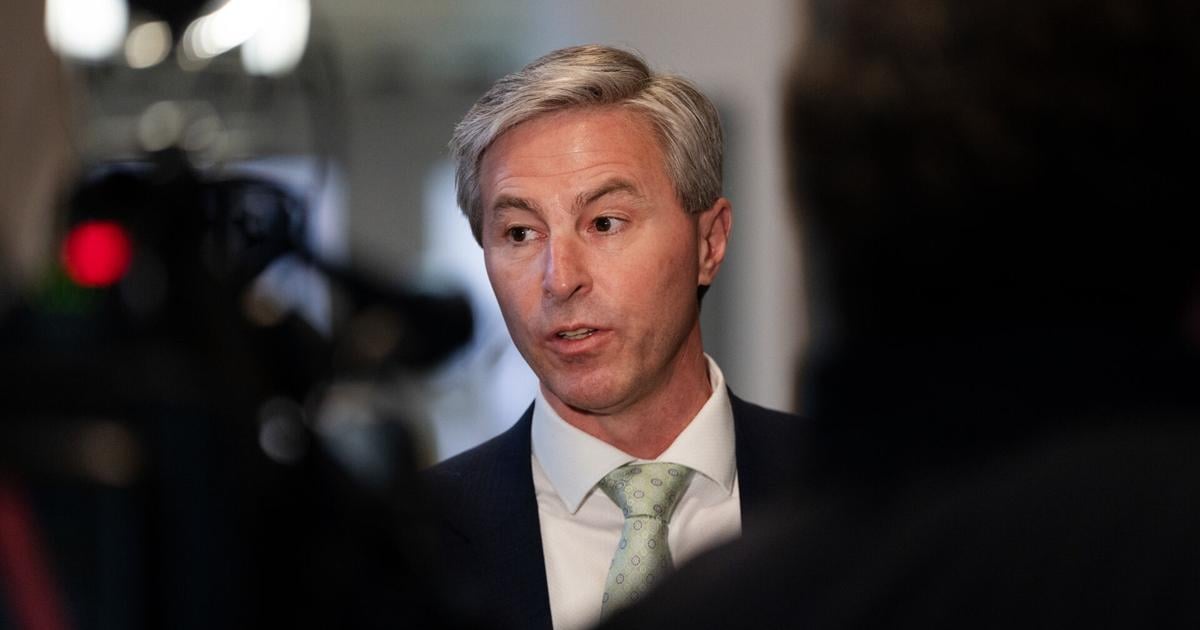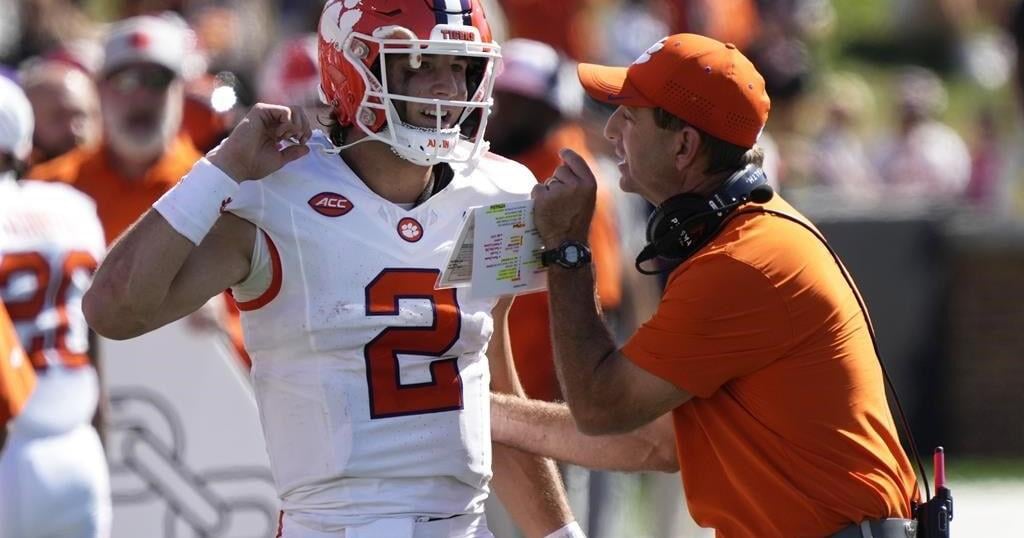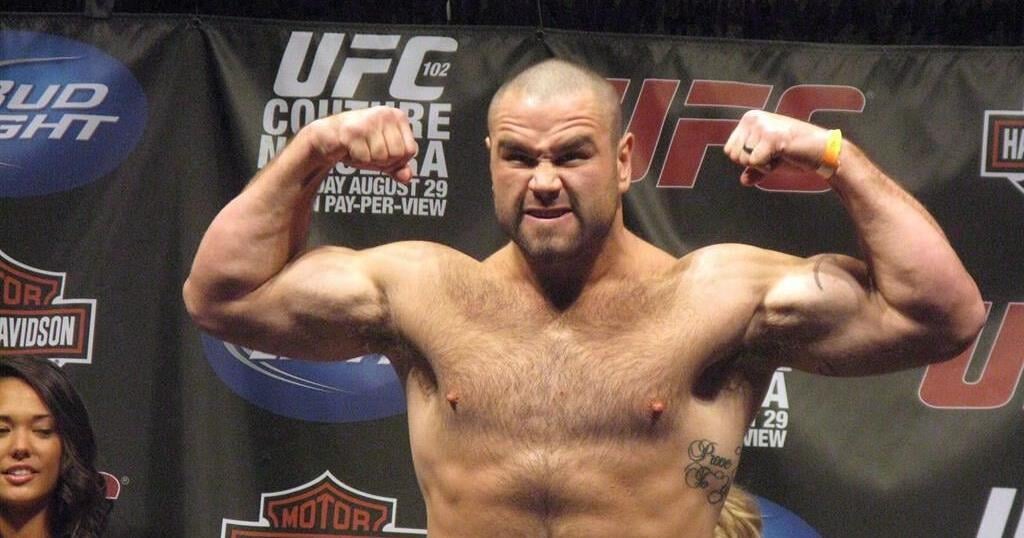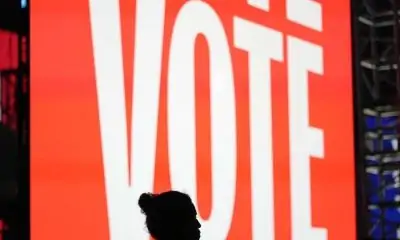A new survey suggests there is a strong relationship between a person’s political perspective and their views on free speech in Canada.
Respondents who lean right were more likely to believe there should be no limits on speech, including the right to express hateful and offensive opinions.
The national phone survey by the Canadian Hub for Applied and Social Research at the University of Saskatchewan was done between June 1 and June 27. It asked 1,000 people about their political leanings and their views on free speech.
Research director Jason Disano said he wanted to get a sense of where people stand on the matter “given the prominent role that the phrase ‘freedom’ has been playing in the current Conservative Party of Canada leadership campaign.”
He said overall, eight in 10 respondents — or nearly 86 per cent — said they believe they have, or somewhat have, freedom of speech. Most respondents also said they believe governments and corporations like Twitter and Meta — formerly known as Facebook — should intervene to limit the spread of misinformation and hate speech.
“But when you break that down into one’s political leanings, that’s when you really see differences in Canadian views and opinions in the extent to which that freedom of speech should be (limited),” Disano said.
About one in four of the respondents who lean right to very-right believe Canadians have very little or no freedom of speech compared to about three per cent of left-leaning respondents who feel the same way.
“It’s not surprising,” said Barbara Perry, director of the Centre of Hate, Bias and Extremism at Ontario Tech University.
“If we look at the narrative over the past few years, there has been an emphasis on cancel culture. Free speech has become a rallying call for the far-right. It’s always been there, but I think it was really amplified by the emergence of the alt-right in particular.”
Disano said the Prairies had the highest proportion of people who identified as right-leaning at 31.5 per cent, with people in Quebec having the lowest at 18.6 per cent.
In Canada, hate speech is unlawful. But in the United States, the First Amendment protects freedom of speech including the right to express hateful comments and offensive opinions.
The respondents of the survey were asked if they agree with the Canadian or the American approach to limits on speech.
Disano said eight in 10 respondents agreed with Canada’s approach.
However, about one in three respondents, or 31 per cent, who said they were right-leaning supported America’s no-limit approach, with most respondents — 22.4 per cent — coming from the Prairies and the least coming from Atlantic Canada with 4.5 per cent.
As for those who lean left, 2.5 per cent of respondents said they, too, want no limits on speech.
Perry said “American free speech absolutism” has emerged in Canada and can be linked to social media.
“We’re not just talking about speech that’s offensive or hurts someone’s feelings, we’re really talking about dangerous speech and speech that has the potential to do real harm,” Perry said.
“It comes back to the internet and having what they think is ease of access to spread whatever hateful, and misguided ideas they want.”
The survey was reliable to within plus or minus three per cent, with a 95 per cent confidence level.
This report by The Canadian Press was first published July 11, 2022.
Mickey Djuric, The Canadian Press
Related

